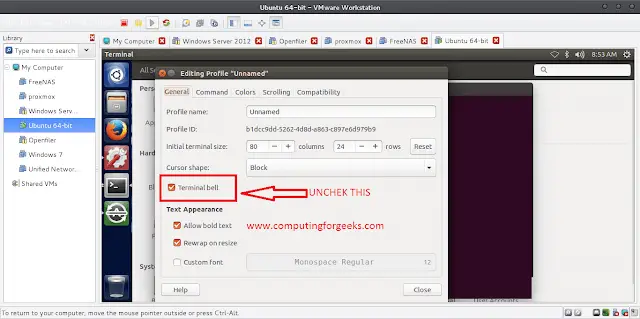Python Set clear() method removes all elements from the set.
Python Set clear() Method Syntax:
Syntax: set.clear()
parameters:
- The clear() method doesn’t take any parameters.
Return: None
Time complexity :
The time complexity of set.clear() function on a set with n element is O(n) .
Example 1: Python Set clear() Method Example
Python3
test_set = {1, 2, 3, 4}test_set.clear()print("After clear() on test_set:", test_set) |
Output:
After clear() on test_set: set()
The time complexity of the clear() method on a set in Python is O(n), where n is the number of elements in the set.
The auxiliary space complexity of the clear() method is also O(1), as it only needs to delete the existing elements in the set and not allocate any new memory.
Example 2: Python Set clear() Method on a Set of Strings
Python3
# set of lettersGEEK = {"A", "B", "C"}print('GEEK before clear:', GEEK)# clearing vowelsGEEK.clear()print('GEEK after clear:', GEEK) |
Output:
GEEK before clear: {'B', 'C', 'A'}
GEEK after clear: set()
The time complexity of the clear() method is O(n), where n is the number of elements in the set. In this case, since there are only 3 elements in the set, the time complexity will be constant time, i.e., O(1).
The auxiliary space used by this code is also constant space, since the size of the set is fixed and does not depend on the input. Therefore, the space complexity is O(1).




